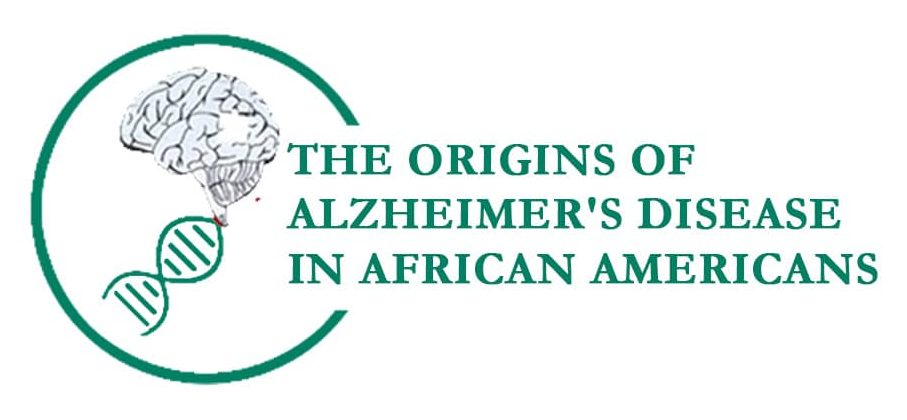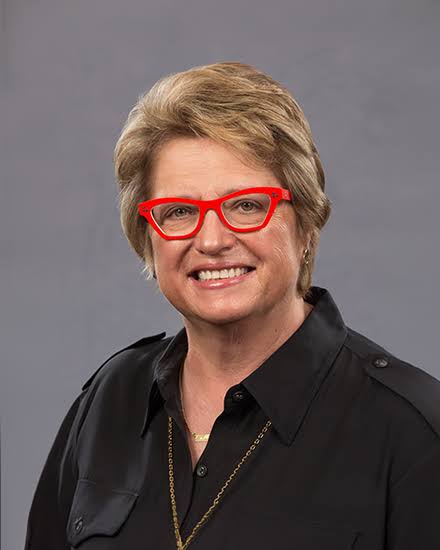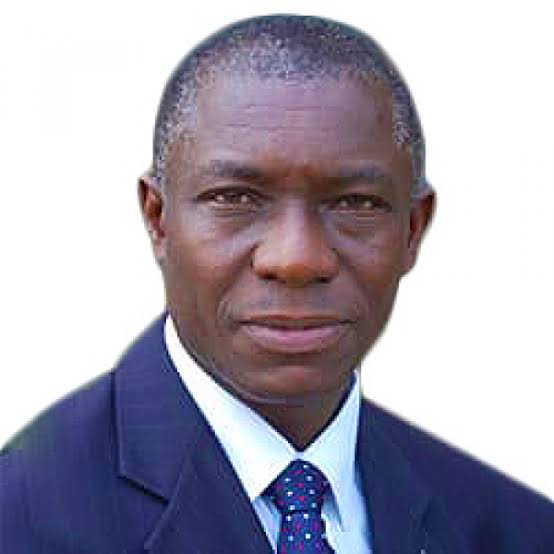The Origins of Alzheimer's Disease in African Americans
The “Origins of Alzheimer’s Disease in African Americans” is a landmark study aimed at expanding the representation of African individuals in Alzheimer’s Disease (AD) genetic research. Conducted under the African Dementia Consortium (AfDC), this study is a collaboration between the University of Miami, various universities, and research centers in Nigeria and Ghana.
Research Goals
Understanding Alzheimer’s Disease: Alzheimer’s Disease (AD) is a complex, degenerative brain disorder with a strong genetic component. While AD research has largely focused on non-Hispanic white populations, this study aims to address the lack of diversity by focusing on indigenous African populations.
Expanding Genetic Research: By including African participants, this study seeks to broaden the scope of genetic research, which is crucial for developing more effective treatments and prevention strategies for AD globally.

Participation Details

Duration
The study will run for five years (2022-2027), with participants undergoing regular assessments and follow-ups.

Activities
Participants will be involved in interviews, clinical assessments, memory evaluations, and blood sample collections. Regular follow-ups will be conducted to monitor any changes in health status.

Privacy and Data Security
Participants’ data will be anonymized and securely stored. Only authorized researchers will have access to this data, which will be shared in a way that protects individual privacy.

Impact and Benefits
While there may be no direct benefit to participants, the data collected will significantly contribute to global Alzheimer’s research, potentially leading to better services and interventions in the future. The study also fosters international collaboration, enhancing the global scientific community’s understanding of Alzheimer’s Disease.
Lead Investigators

Prof. Margaret A. Pericak-Vance, PhD
Director, John P. Hussman Institute for Human Genomics, University of Miami Miller School of Medicine, USA.

Prof. Rufus Olusola Akinyemi, MD, PhD, FAS
Professor of Geriatric Neurology and Translational Neuroscience, Institute for Advanced Medical Research and Training, College of Medicine, University of Ibadan, Nigeria.

Prof. Adesola Ogunniyi, MD, FAS
Professor of Medicine, Neurology Unit, Department of Medicine, Faculty of Clinical Sciences, College of Medicine, University of Ibadan, Nigeria.
Funded by
National Institute of Ageing, National Institutes of Health, USA.
Grant number
ORIGINs Project – 1R01AG072547
